UN official claims Daesh now seems to be present across Afghanistan
The United Nations' special envoy for Afghanistan has warned that members of the Takfiri Daesh terrorist group now seem to be present in all provinces of Afghanistan.
In a bleak assessment of the situation in Afghanistan during the past three months, Deborah Lyons told the UN Security Council on Wednesday that an offshoot of Daesh known as the Daesh-Khorasan, or ISKP, had grown and now appeared to be present in nearly all the 34 provinces of the country.
"Once limited to a few provinces and the capital, ISKP now seems to be present in nearly all provinces, and increasingly active," Lyons said, adding that the number of the group's attacks had increased from 60 in 2020 to 334 this year.
She said the Taliban had been unable to stem the ISKP's growth.
Lyons added that the Taliban's response to the expansion of ISKP "appears to rely heavily on extrajudicial detentions and killings" of suspected militants of this affiliate of Daesh, stressing, "This is an area deserving more attention from the international community."
The Taliban, who ruled Afghanistan from 1996 to 2001, took power again on August 15 as the US was in the middle of a troop withdrawal. The group announced the formation of a caretaker government on September 7. No country has yet recognized its rule.
Daesh, an ideological foe of the Taliban, initially secured a foothold in eastern and northern Afghanistan, particularly in the eastern province of Nangarhar, which is regarded as its base in the war-torn country.
Soon after the Taliban's takeover of the country, Suhail Shaheen, a spokesman for the group, said that during a three-year-long war with Daesh, the Taliban had managed to clear the northern and eastern parts of Afghanistan from the presence of the Takfiri group, stressing that "there is no Daesh in Afghanistan" anymore.
However, the ISKP has expanded and increased its deadly attacks since then and killed people, mostly Shia civilians, across Afghanistan, including the capital, Kabul.
Lyons' comments on Wednesday came after the Daesh offshoot claimed responsibility for two deadly explosions on Saturday in Dasht-e Barchi, a Kabul suburb dominated by members of the mostly Shia Hazara community, that killed at least one person and wounded six others.
The UN envoy further said that the UN mission regularly received credible reports of house searches and the "extrajudicial killings" of former security personnel and officials by the Taliban.
Afghanistan is facing what UN agencies have described as "one of the world's worst humanitarian disasters." Western countries have cut off their aid to the country since the Taliban laid siege to Kabul three months ago. Experts believe that with winter knocking on the heels, the crisis is expected to deteriorate.
Lyons once again warned of a humanitarian catastrophe as winter looms due to a failing economy and drought.
She urged the international community to secure ways to fund the salaries of healthcare workers, teachers and humanitarian workers, stressing that humanitarian aid is far from sufficient.
According to Lyons, Afghanistan's economic collapse would increase illicit drug, arms and human trafficking, and unregulated money exchanges that "can only help facilitate terrorism."
"These pathologies will first affect Afghanistan. Then they will infect the region," she said.
Earlier this month, Pakistani Foreign Minister Shah Mehmood Qureshi also warned that neighboring Afghanistan was "at the brink of an economic collapse," urging the international community to urgently resume funding and send humanitarian assistance to the country. He stressed at the time that any further downward slide would "severely limit" the new Taliban government's ability to run the war-ravaged country.
‘Textbook definition of terrorism’: Tehran denounces Pelosi’s call on US to exact ‘pain’ on Iranians
VIDEO | 39th AU summit opens in Addis Ababa with focus on water security, peace, and development
VIDEO | Iran: The stronghold Washington lost
Anti-Iran ‘Munich circus’ shows Europe has lost geopolitical weight: Araghchi
Swiss to act as venue of next round of Iran-US talks: Report
Report: Over 50,000 soldiers fighting in Israeli military hold foreign citizenship
Danish PM warns US attack on Greenland would spell end of NATO
Power running out at key Gaza hospital, ICU patients at risk: Report


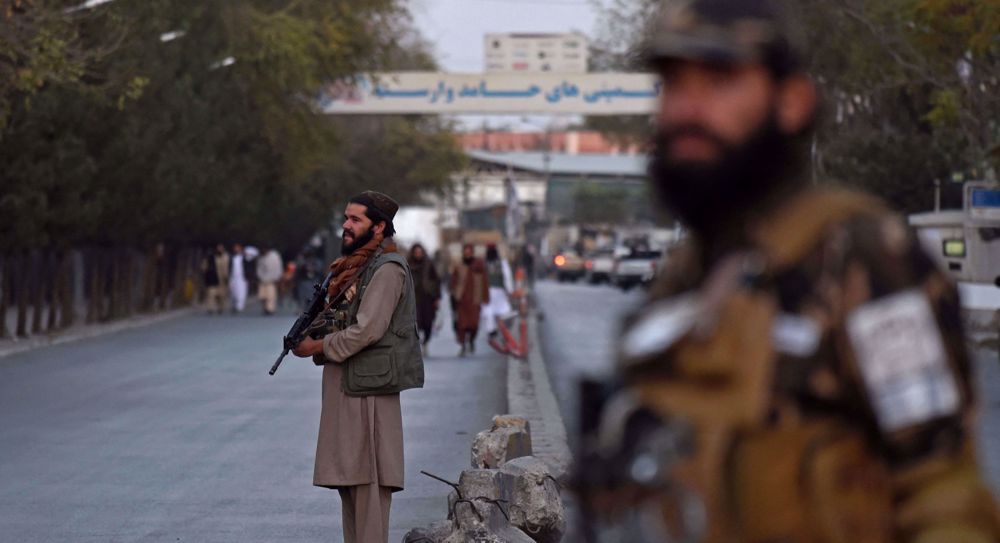
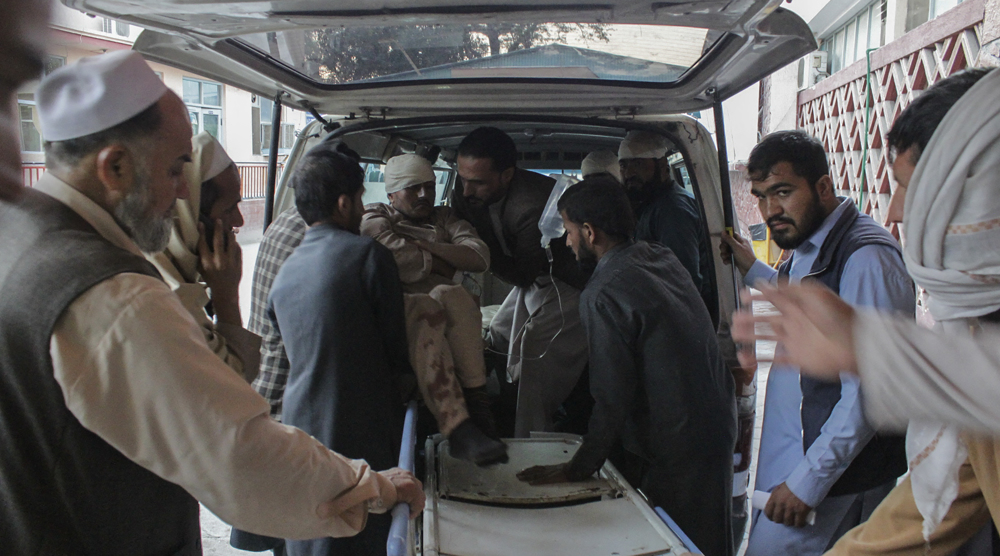
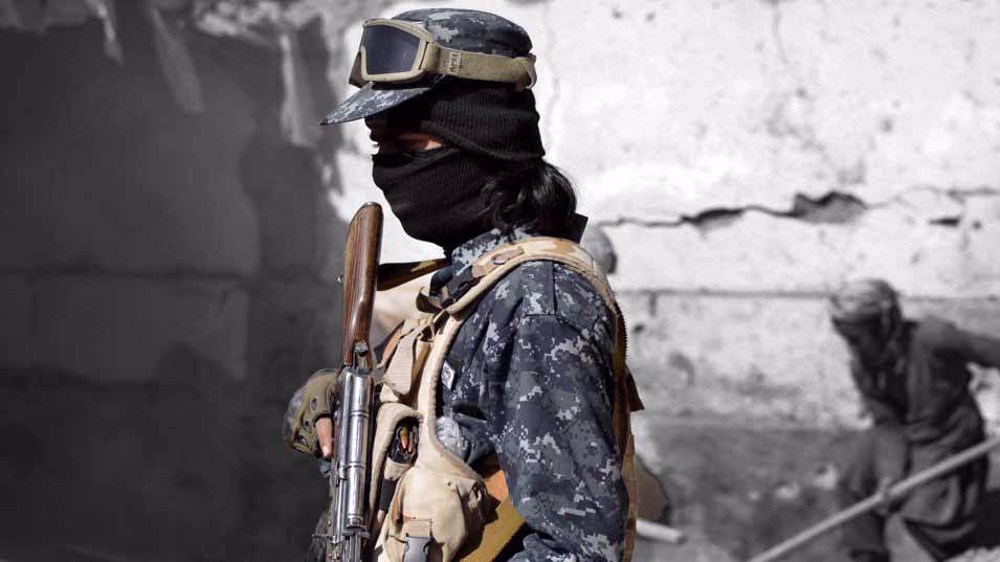
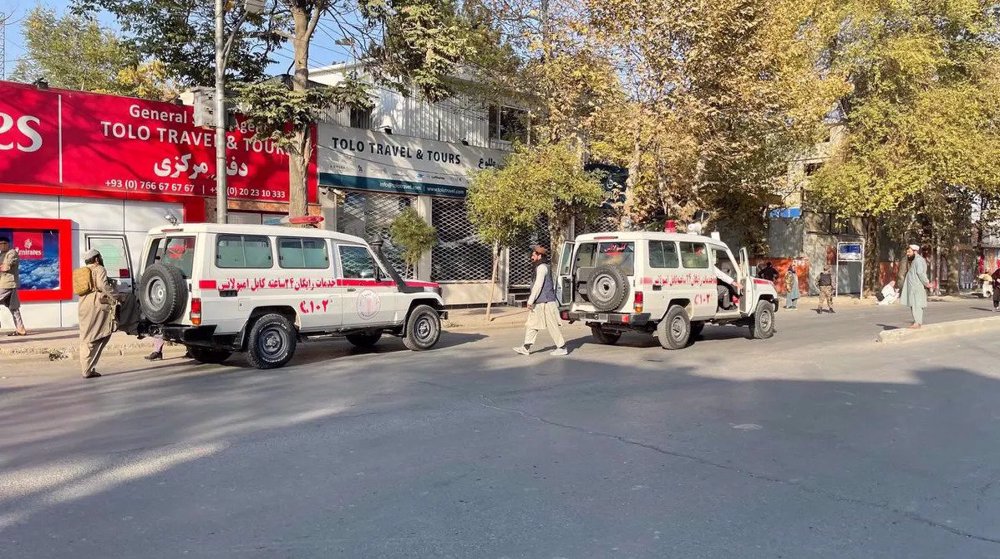
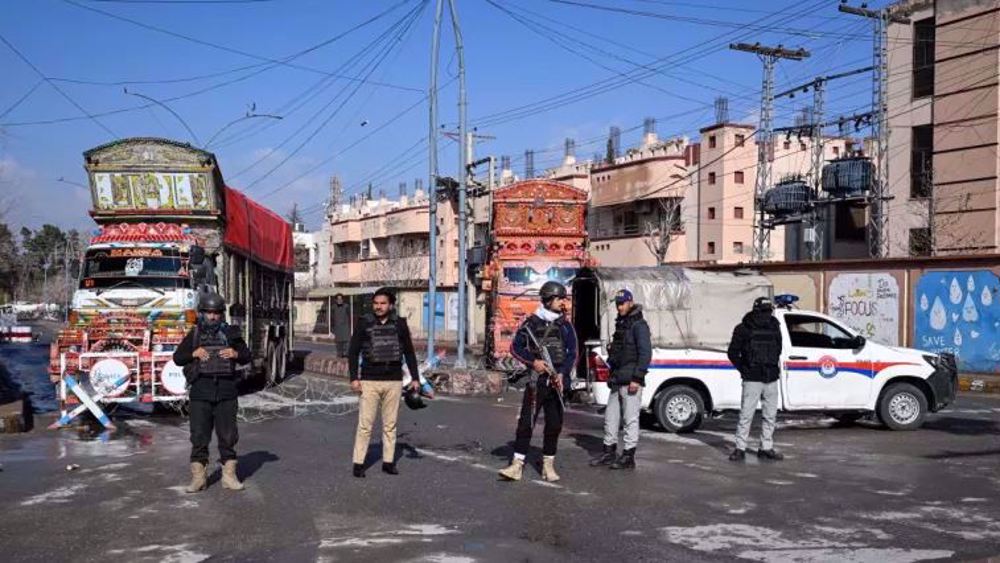
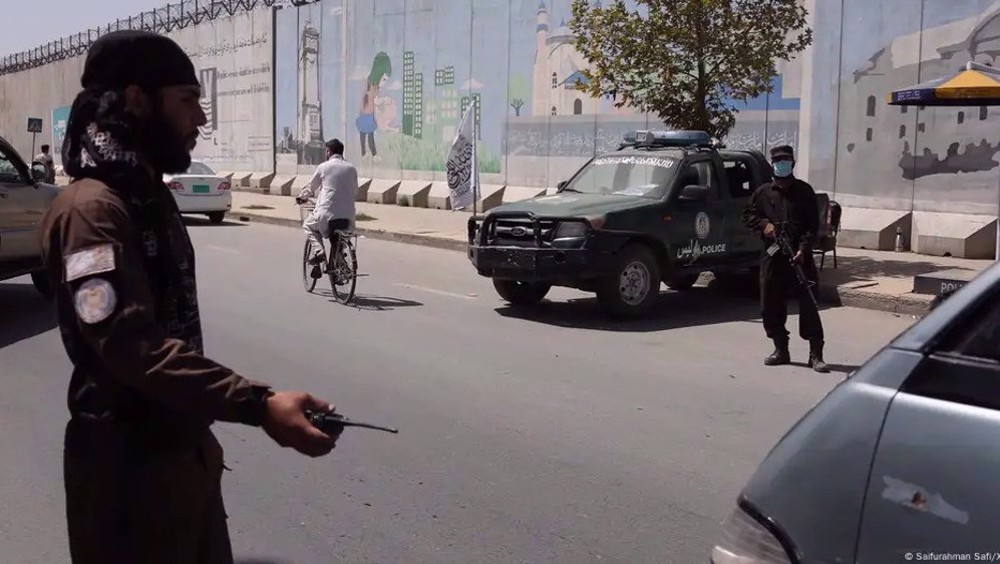
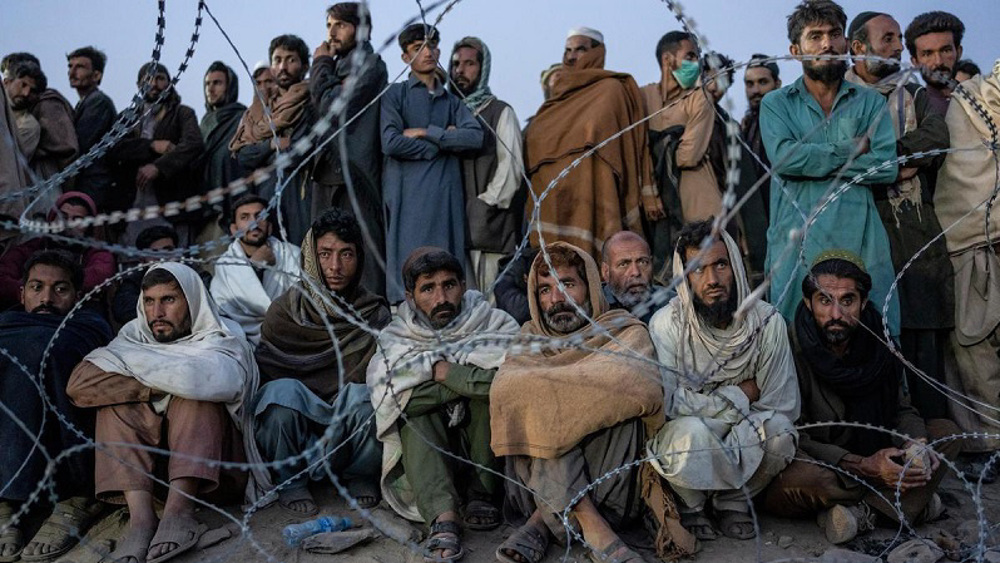




 This makes it easy to access the Press TV website
This makes it easy to access the Press TV website